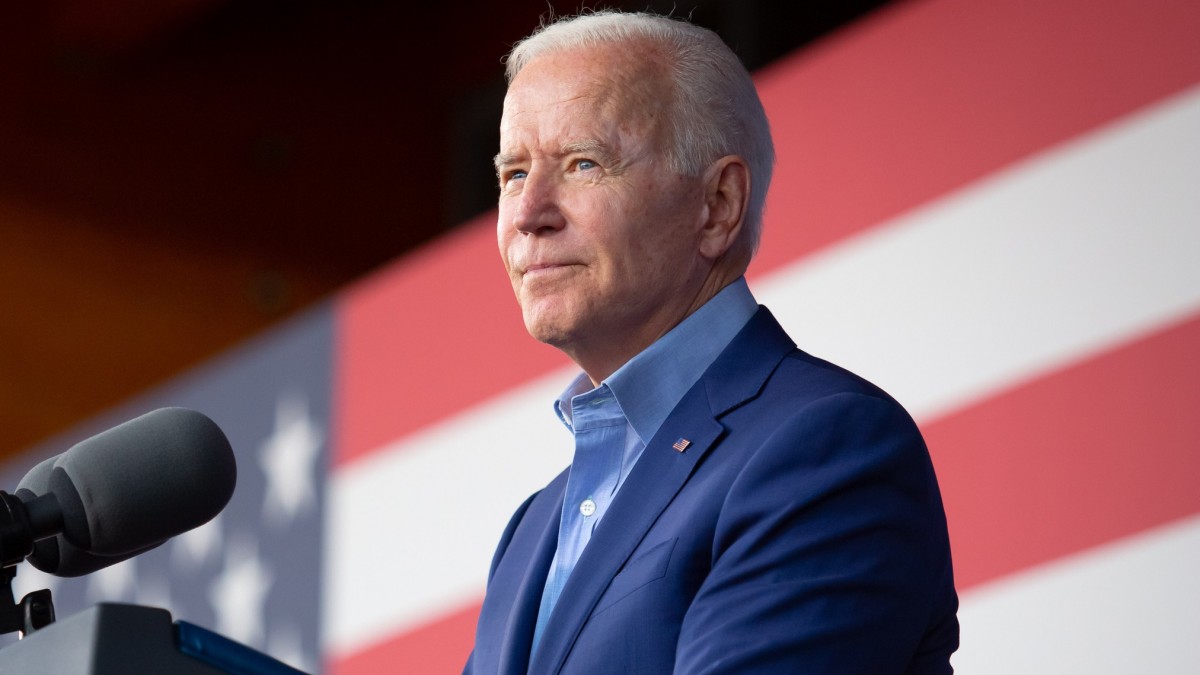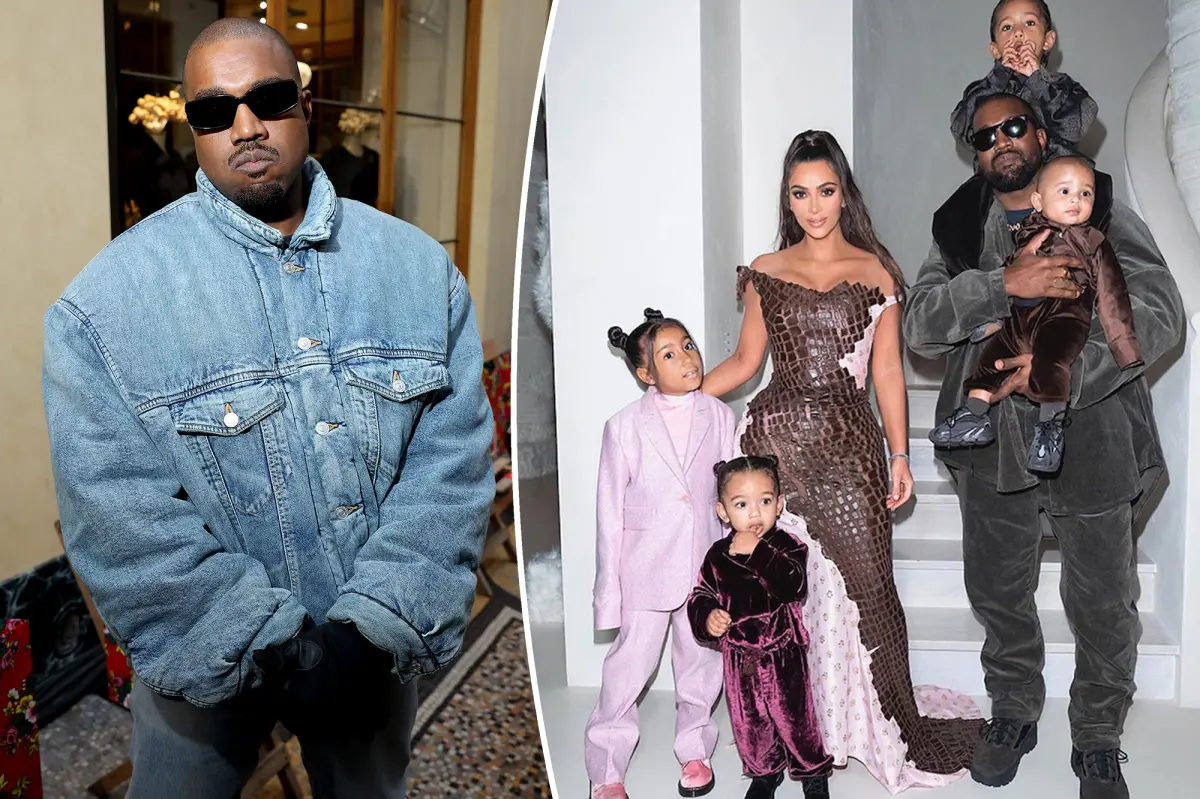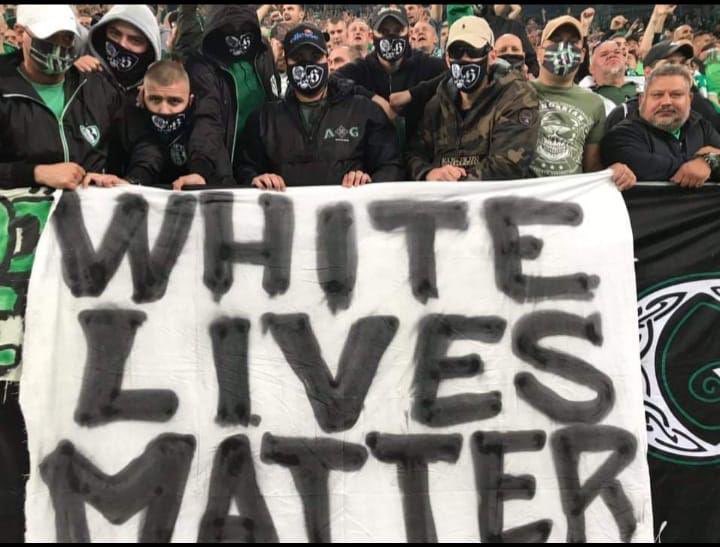Yes, you have to know your rights. Yes, you can freely express them without threat. These can be the easy answers to questions that bother about your rights as they bother on expression, and whether or not they can be freely expressed. Pretty elementary, right? Okay, so what seems to be the problem then?
Various democratic nations around the world, including the United Nations, agree that you have the right to freedom of expression, including that of speech. These fundamental rights ensure that you freely give out your opinion as they relate or resonate with you, and such actions will be well protected by the law.
However, there have been cases where people, in the exercise of these rights, have been tagged “cancelled” or calls have been made to cancel people whose expression of these rights may not sit well with them. This has raised the question of whether or not there is real freedom of speech and expression, especially with the red eyes of cancel culture on the move to ‘eliminate’ characters that fall prey to it.

As a defence mechanism, cancel culture is a medium through which minority groups call out people, especially in the majority circle, whose actions or inaction are furthering the persecution or suffering of minorities. Over the years, this medium has been employed by the court of public opinion to punish ‘oppressors’ or people that take the matters of the minority lightly.
While this has continued to work effectively, there is the question of whether the aim or purpose has become abusive. It is like people no longer want to have conversations about their disagreements or thoughts or actions, but rather to crucify anyone who totally does not agree with them. Yes, we understand that freedom of speech should not be abused, but the scale of measuring such abuse should not be in the hands of a mob of people who clearly lack the understanding, in some cases, to dish out this public-oriented punishment.
Let us take, for instance, the Kanye West issue. Now, Kanye may have made these anti-Semitic comments which may not have sat well with a lot of people, mostly the Jewish community, and maybe this warrants him being cancelled, but what happened to the intention behind the comment? What happened to let him explain himself enough to see if the negative perception that drove this cancel movement in the first place is why he made those comments in the first place?
The long-term effect of this is that people would become less reluctant to speak their minds, especially when they are in the position to do so. Time will come when the threat of the cancel culture would be so predominant, that not just the freedom of speech and expression will be affected, but every other basic human right that we have come to rely on for our survival as human beings within a democratic society. When that day comes, Ye’s predicament would certainly look like a walk in the park on a sunny day.
Read Also – Reviewing The ‘Cancel Culture’ In Black Culture





